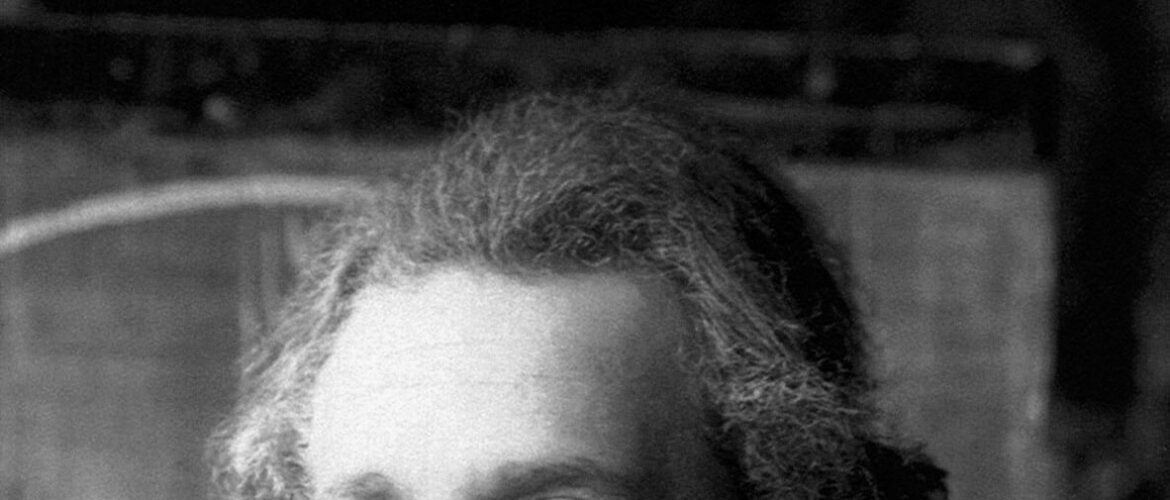Do black holes colliding a billion light years away make a sound? They do, and scientists have now heard and recorded this sound for the first time. Physicists say the faint noise is the first direct evidence of gravitational waves, the ripples in the fabric of space-time that Einstein predicted a century ago.
This discovery reflects the best of what it means to be a scientist: overcoming almost insurmountable odds to open a vast new window on the cosmos. While our understanding of our place in the universe has been changed forever, precisely what we’ll learn from this discovery is anyone’s guess. Our understanding of physics will undoubtedly evolve and we may learn how the universe began – or even about the existence of other universes.
What we’ll learn may be anyone’s guess, but it’s clear what made this tiny, powerful recording possible.
First, collaboration. A worldwide team of scientists, including the LIGO Scientific Collaboration (LIGO stands for Laser Interferometer Gravitational-Wave Observatory) and the Virgo Collaboration (a European team) worked together for decades. And when the team published their report, more than 1,000 people were named contributors.
Second, advanced computing. These scientists relied on advanced computing infrastructure to power their work and – enabling the collaboration essential to the success of this project – connect them to one another across institutions and around the world.
Including here in Ontario. The University of Toronto is part of the LIGO team, and project lead, Associate Professor Harald Pfeiffer, said that SciNet’s contribution helped make a number of things possible, including “simulations to construct the waveform models that found the gravitational waves and analyzed the properties of the source, and simulations for cross-checks.” He added that the video shown at the official launch included a simulation generated and tested on a variety of Compute Ontario resources.
Groundbreaking work like this is increasingly dependent on advanced computing. Compute Ontario – in co-operation with partners like ORION – supports the infrastructure that will help accelerate such discoveries. Both Compute Ontario and ORION support the entire research, education, and innovation sector in this province. Including your organization.

